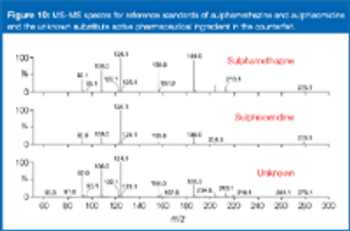
LCGC Europe
This study evaluates the use of HPLC to estimate the log P (the octanol–water partition coefficient) of two compounds, apocynin and diapocynin. The paper will discuss the effects of an unexpected reversal of retention that occurred when these compounds were chromatographed with various amounts of methanol–water mobile phases.






